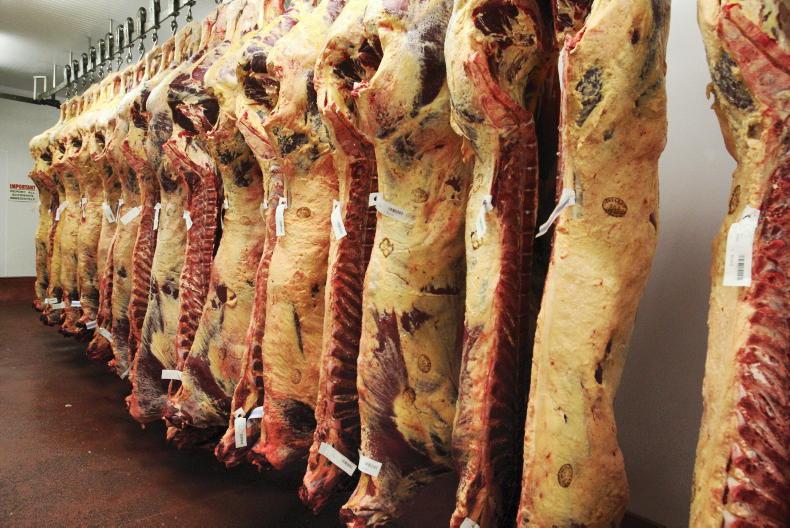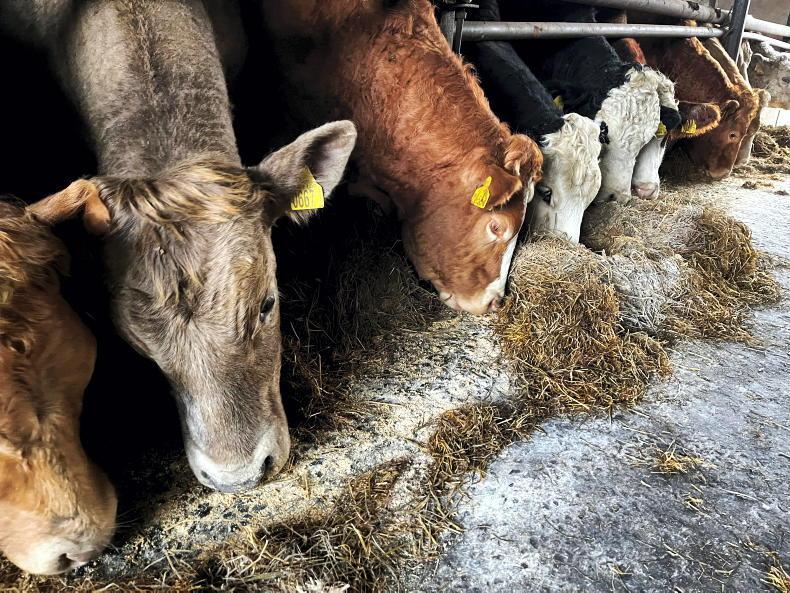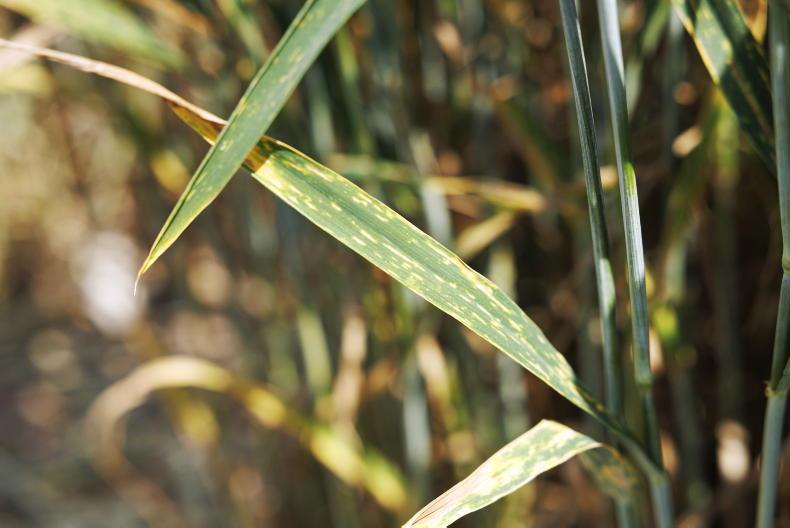Farmers and members of the public should take “extreme caution” around a new invasive moth species in Ireland, the Department of Agriculture has warned.
Department officials confirmed the identification of the moth species Thaumetopoea processionea (oak processionary moth) in Dublin on Monday, a species not native to Irish shores.
Oak processionary moth caterpillars were found on four oak trees in a Dublin housing estate. The nests and four trees have since been destroyed and the surrounding area is being monitored for any further evidence of the species.
The moth’s larval stage, as caterpillars, can cause severe oak tree defoliation, leaving trees weakened and open to secondary infections from other pest and diseases.
In addition, this moth also poses a potential risk for human and livestock health, as the body of the caterpillar is covered with numerous irritating hairs.
Contact with the hairs can provoke allergic reactions, which manifest as skin rashes, conjunctivitis and respiratory problems, such as pharyngitis and asthma.
Farmers have been warned to seek veterinary care if they think their livestock has been seriously affected.
Status
Ireland has a ‘protected zone’ status under the EU plant health legislation for this pest moth species. A protected zone is an area of the EU which is free from a harmful organism.
While mainly harmful to the oak tree, when there are few oak trees available, the moth’s larvae have been observed to feed on other tree species such as acacia, birch, hornbeam, hawthorn, hazel and beech.
However, it is uncertain whether the caterpillars can survive on these species and complete their lifecycle development to adult moths.
Farmers and members of the public should immediately notify the Department with their contact details and geolocation of the sighting by emailing plantandpests@agriculture.gov.ie or by calling 01-505 8885.
The Department warned those who spot the pest to not touch or approach nests or caterpillars or let livestock do so.









SHARING OPTIONS